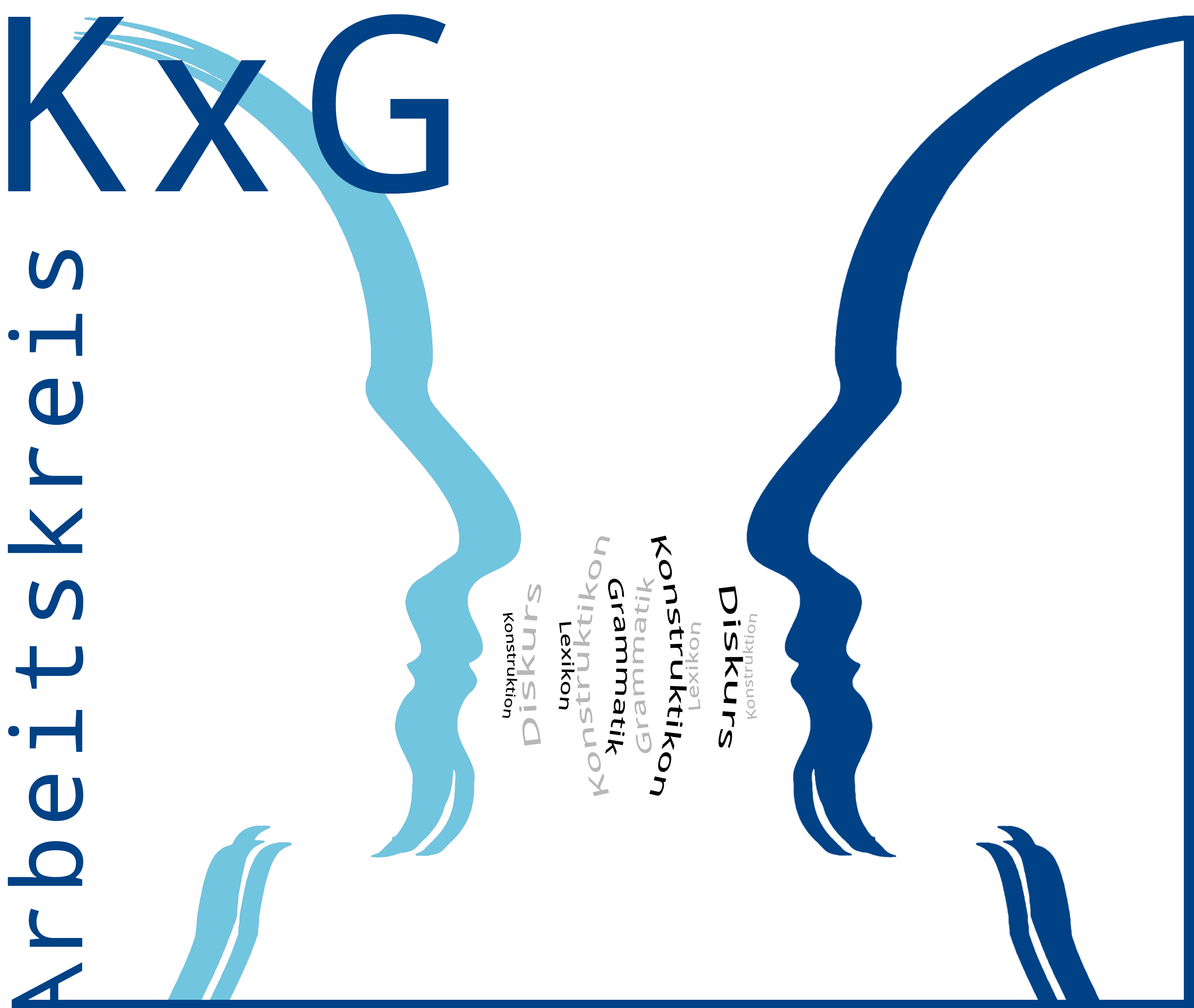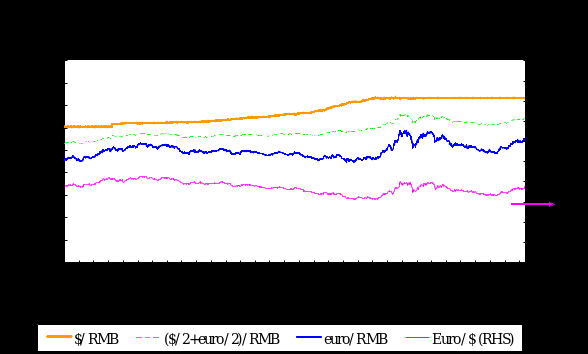GAP PERSONNEL FRANCHISES LTD V ROBINSON EAT WHETHER
Manor Lakes p12 College Personnel LeaveMEDICAL PERSONNEL DEPT 8 BEECH HILL ROAD
11 UNE ANALYSTE EN FORMATION RÉFLEXIONS PERSONNELLES PRÉSENTATION À
2020 – 2021 COURSE CODE DIRECTORY AND INSTRUCTIONAL PERSONNEL
3 ABBREVIATED TITLE VERSION DATE IRB STUDY PERSONNEL
50 CTE CREDENTIALS 51 CREDENTIAL REQUIRED ALL CTE PERSONNEL
GAP Personnel Franchises Ltd v Robinson, EAT
GAP Personnel Franchises Ltd v Robinson, EAT
Whether variation was affirmed
A tribunal erred in concluding that an employer made unlawful deductions from wages when it reduced an employee’s contractual mileage allowance. The tribunal failed to consider the essential question of whether the employee, in continuing to work without protest, affirmed the employer’s unilateral variation of contract.
facts
In January 2006 R commenced employment with GAP Ltd as Franchise Operations Manager. Clause 18 of his contract of employment stated that he was to be provided with a company car, in respect of which fuel expenses could be claimed at 25p per mile. By virtue of clause 31, GAP Ltd reserved ‘the right to make reasonable changes to any of [his] terms and conditions of employment’, to take effect upon written notification.
At the end of February, R presented his first month’s expenses form. At that point, GAP Ltd informed him that company policy was to reimburse employees at 25p per mile for those using their own cars, but at only 15p per mile for those using company cars. Thus, it would reimburse him at the lower rate. R subsequently submitted expenses forms claiming 15p per mile until he left GAP Ltd’s employment, in July 2006. In October of that year, R raised a grievance under the modified statutory grievance procedure contained in the Employment Act 2002, complaining that he had not been paid the fuel expenses to which he had been contractually entitled. Thereafter, he brought tribunal claims for breach of contract and unlawful deductions from wages.
The tribunal upheld both claims, finding that R had been contractually entitled to a fuel allowance of 25p per mile. GAP Ltd would have been entitled to reimburse him at the lower rate of 15p per mile only if the parties had agreed to vary clause 18 of R’s contract. In the tribunal’s view, no such consensual variation had occurred. First, the necessary consideration to create a legally binding variation of contract was absent; and secondly, R had not affirmed the variation – he had been presented with a fait accompli by GAP Ltd, and had no choice but to accept that he could not enforce his contractual terms. On this basis, the tribunal awarded R £2,049 as unpaid expenses, and applied a 10 per cent uplift under S.31 of the 2002 Act owing to the company’s failure to complete the statutory grievance procedure. GAP Ltd appealed to the EAT.
decision
The EAT was in no doubt that it was an express term of R’s contract that he should receive a mileage allowance of 25p per mile. Moreover, in the absence of written notification, the term had not been varied under clause 31. It thus followed that the company’s refusal to pay the first month’s expenses claim at the full rate represented a breach of contract and unlawful deduction from wages.
Thereafter, GAP Ltd’s insistence on paying the lower rate of 15p per mile constituted a unilateral variation of R’s contract. This being so, a key question was whether R affirmed the varied contract by continuing in employment, without protest, for another six months, and submitting expenses claims at the lower rate throughout this period. The mere fact that the unilateral variation was a fait accompli did not necessarily prevent affirmation occurring. Nor was the absence of a written statement of variation fatal to the employer’s case. If R had affirmed the contractual variation, the tribunal would have been required to ascertain the actual date of his having done so, after which R was only entitled to the lower rate.
With this in mind, the EAT held that the tribunal had failed properly to consider the question of whether R had affirmed the contractual variation. Crucially, it had made no finding as to whether R continued to work under protest once GAP Ltd had said that it would not be paying the higher rate; and nor had it determined – if R had not done so – the point at which he could be said to have affirmed the contract by acquiescence. The tribunal had stated, however, that if this had been a constructive dismissal case it might well have concluded that R, in apparently acquiescing for six months, had lost the right to resign in response to GAP Ltd’s breach of contract. Given this, the EAT continued, it seemed likely that the tribunal, properly directing itself in law, would have concluded that R affirmed the contractual variation at some point before the end of his employment with GAP Ltd in July 2006.
The EAT also made it clear that the matter of consideration did not – contrary to the tribunal’s finding – assist the employer in this case. As a general rule, consideration for a contractual variation is provided by the employer continuing to employ the employee, and the employee continuing in the employment. For these reasons, GAP Ltd’s appeal was allowed in part, and the case was remitted to the same tribunal. R remained entitled, however, to an extra 10p per mile for his first month’s expenses claim, together with the 10 per cent uplift with regard to GAP Ltd’s failure to follow the statutory grievance procedure.
comment
It appears harsh that an employee may be prevented from relying on a contractual term that the employer had unilaterally varied within weeks of his commencing employment. As this case reminds us, however, it is the employee’s responsibility to voice an objection to the change, and to ensure that the employer knows that, although the employee continues to work, he or she is doing so under protest.
In the course of its judgment, the EAT stated that the law of constructive dismissal provides some assistance in determining whether there has been affirmation of a contractual variation. It is very important, however, to distinguish between affirming the contract following a fundamental breach and agreeing, by implication, to a variation in terms. In a constructive dismissal case the question for consideration is whether the employee has lost the right to treat the contract as being at an end. Where the employee has affirmed the contract following a fundamental breach, he or she may no longer be entitled to treat him or herself as constructively dismissed but may still have the right to claim damages for the breach which remains. On the other hand, where the employee has affirmed a contractual variation, the court presumes that the variation was in fact made with agreement and there has been no breach of contract at all, with the effect that the employee loses the right to claim damages.
ACADEMIC POLICY SERIES 140500 ACADEMIC POLICY SERIES 140500 PERSONNEL
ADDITIONAL KEY PERSONNEL LIST AND BRIEFLY DESCRIBE THE ROLE
ADDITIONAL PERSONNEL FORM PRINCIPAL INVESTIGATOR IACUC
Tags: franchises ltd, robinson, whether, franchises, personnel
- INTRODUCTION THE SPRINT ADDRESS VALIDATION TOOL ALLOWS THE INITIATOR
- LICEUM OGÓLNOKSZTAŁCĄCE IM BOHATERÓW PORYTOWEGO WZGÓRZA W JANOWIE LUBELSKIM
- DOCUMENTS 2 IMAGES 0 [1969] 1 AC 645 1968
- TIPIČEN TEDEN VSAKA KNJIŽNICA ZASE IZDELA IZPISA STA901 IN
- OVERSEAS ASSESSMENT FAQ’S DOES THE BOARD NEED ORIGINAL DOCUMENTS
- WEBSITE ADVERTISING TEMPLATE FOR SCHOOLS AND EXTERNAL ORGANISATIONS (WE
- ÍNDICE GENERAL ÍNDICE DE TABLAS DATOS DEL MUNICIPIO A1
- NOTICE OF EXCHANGE PROPOSAL LANDFORLAND EXCHANGE ELDORADO NATIONAL FOREST
- NOTIFICATION OF CHANGE TO MUNICIPAL RECYCLING COORDINATOR CONTACT
- CÁLCULO DE POTENCIA EN RSP CONSERVACIÓN DE LA POTENCIA
- 1 REAL IMAGE VIRTUAL IMAGE FORMED ON A SCREEN
- COMUNICAT DE PREMSA L’AGÈNCIA CATALANA DE L’AIGUA
- 4 ZASADY ZALICZANIA FORM ZAJĘĆ I PRZEDMIOTÓW ORAZ SPOSÓB
- UPDATE 909 SCHEDULE OF VALUES INSTRUCTIONS THIS DOCUMENT EXPLAINS
- THE ALARMING IMBALANCE OF SEX RATIO AT BIRTH IN
- UNIVERSIDAD AUTÓNOMA DE NAYARIT SECRETARÍA DE INVESTIGACIÓN Y POSGRADO
- APPENDIX A DIAGNOSIS (ICD10) AND PROCEDURES USED FOR DEFINING
- LETTRE DE LA CONFÉRENCE EPISCOPALE DE TURQUIE Á L’OCCASION
- FEDERAL COMMUNICATIONS COMMISSION FCC 06105 BEFORE THE FEDERAL COMMUNICATIONS
- FOURYEAR ROADMAP AND CHECKLIST FOR BA IN BUSINESS ADMINISTRATION
- SPECIAL TUITION IN THE FACULTY OF ORIENTAL STUDIES NOTES
- SLOVENSKÁ POĽNOHOSPODÁRSKA KNIŽNICA PRI SPU V NITRE KOMUNIKÁCIA ODBORNÝCH
- RENTA ACTUAL LEY SOBRE IMPUESTO A LA – ART
- ZAŁĄCZNIK NR 1 DO SIWZ OZNACZENIE WYKONAWCY (NP
- PERSONALITY TEST THANK YOU FOR TAKING THE TIME TO
- NIEBEZPIECZNE ŚRODKI CHEMICZNE NAZWA SUBSTANCJI WODÓR H2 DZIAŁANIE ŁATWO
- LIBROS DEL ANTIGUO TESTAMENTO MÉTODOS DE ESTUDIO BÍBLICO ES
- 2424 130103 PLIEGO GEEAC PAC ANEXO III –
- FAMILIETUR TIL ASKØY OG TVEITESKOGEN D AG SØNDAG 5NOVEMBER
- GRÁFICA DE PROFUNDIDAD Y COMPLEJIDAD DETALLES LOS
 K ONSTRUKTIONEN ALS SOZIALE KONVENTIONEN UND KOGNITIVE ROUTINEN GESPRÄCHSFORSCHUNG
K ONSTRUKTIONEN ALS SOZIALE KONVENTIONEN UND KOGNITIVE ROUTINEN GESPRÄCHSFORSCHUNG CHAPTER 4 NUMERICAL METHODS IN LINEAR ALGEBRA 41 EIGENVALUES
CHAPTER 4 NUMERICAL METHODS IN LINEAR ALGEBRA 41 EIGENVALUES 1) WHY THE STORM DOES NOT DEVELOP FROM EQUATOR
1) WHY THE STORM DOES NOT DEVELOP FROM EQUATORSPISAK DOKUMENTACIJE KOJU JE POTREBNO PRILOŽITI UZ ZAHTJEV ZA
 INSERTION LOGO ASSOC OU ORGANISME FICHE DE MISSION CONCERTEE
INSERTION LOGO ASSOC OU ORGANISME FICHE DE MISSION CONCERTEEGLEN ELLYN BACKYARD BARBEQUE COOKOFF RULES 1 THE
HOJA DE VIDA NOMBRES ADALBERTO ELIAS APELLIDOS QUINTERO BAIZ
 PROYECTO FOCAPRIN FORTALECIMIENTO DE CAPACIDADES DE PREPARACIÓN Y RESPUESTA
PROYECTO FOCAPRIN FORTALECIMIENTO DE CAPACIDADES DE PREPARACIÓN Y RESPUESTACRÍTICA RESULTA CURIOSO QUE ALGUNAS DE LAS PELÍCULAS ESPAÑOLAS
STUDENT SYSTEMS SECURITY OFFICERS BY DEPARTMENT THERE ARE FIVE
 CARTA COMPROMISO FERIA INTERZUM CHINA 2017 GUANGZHOU CHINA 28
CARTA COMPROMISO FERIA INTERZUM CHINA 2017 GUANGZHOU CHINA 28 3 UNIVERSIDAD DE COSTA RICA ESCUELA DE CIENCIAS
3 UNIVERSIDAD DE COSTA RICA ESCUELA DE CIENCIAS THE RENMINBI SINCE 2005 JEFFREY FRANKEL IN THE USSINO
THE RENMINBI SINCE 2005 JEFFREY FRANKEL IN THE USSINO SHORT TITLE 3 FRAME1 TITLE OF PAPER YOUR NAME
SHORT TITLE 3 FRAME1 TITLE OF PAPER YOUR NAMEZAŁĄCZNIK NR 1 DO UCHWAŁY ZARZĄDU POWIATU OPOLSKIEGO NR
EKOLOGİYA ELMİNİN İNKİŞAF TARİXİ PLAN 1 EKOLOGIYA INKIŞAF TARIXININ
ZAKON O PRIJAVI PREBIVALIŠČA – STALIŠČA DO PRIPOMB PREJETIH
DONDOÑA SECRETARIOINTERVENTOR DEL AYUNTAMIENTO DE (GUADALAJARA) CERTIFICO
 E QUALITY IMPACT ASSESSMENT FORM REFERENCE 4R5 DEPARTMENT
E QUALITY IMPACT ASSESSMENT FORM REFERENCE 4R5 DEPARTMENTMTB DVIRAČIŲ MARATONO „WILIA“ NUOSTATAI NEMENČINĖ 20160702 DVIRAČIŲ MARATONAS